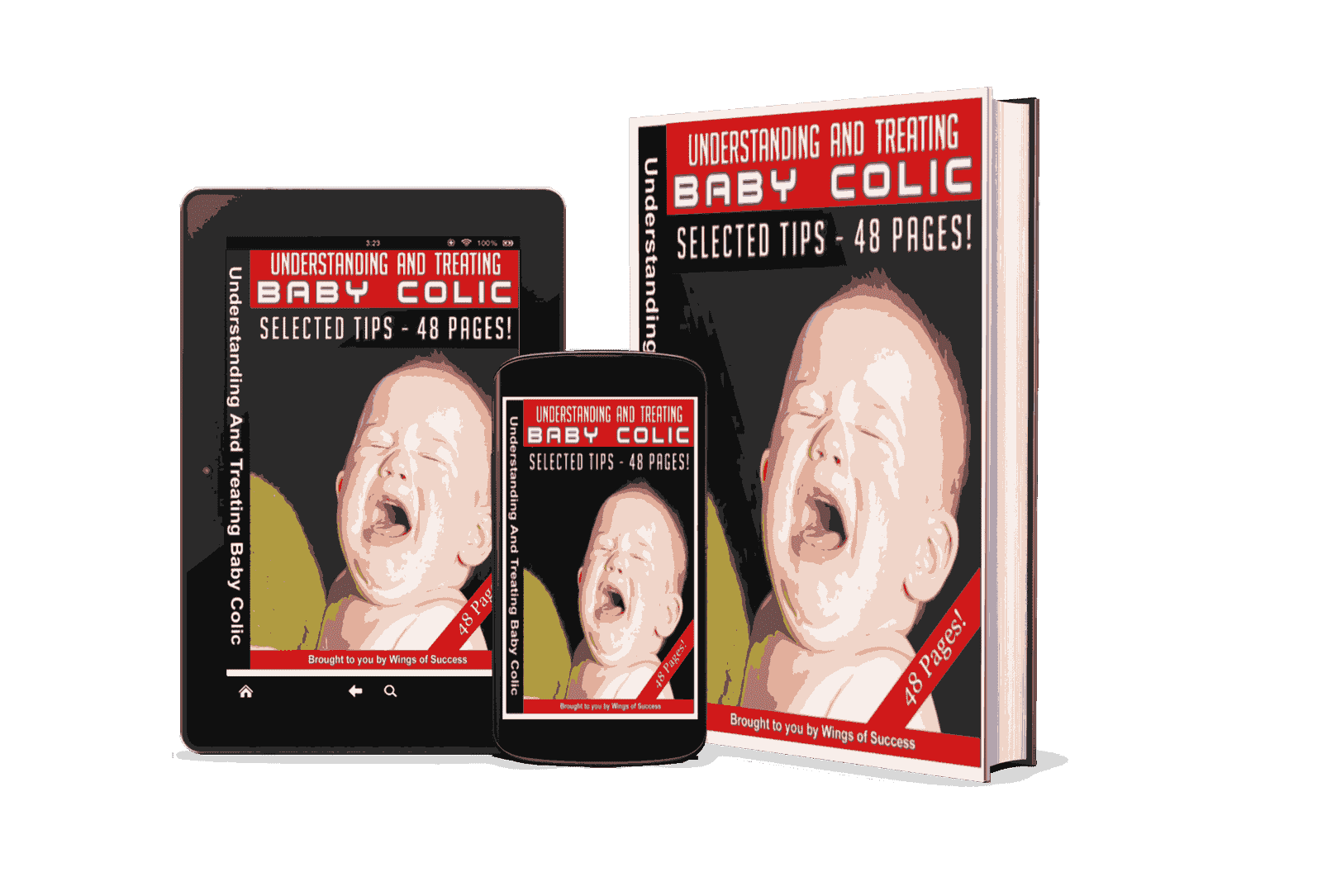Understanding and Treating Baby Colic: Welcoming a newborn into the family is a joyous occasion, but for many parents, the onset of baby colic can bring unexpected challenges. Baby colic is a term used to describe severe, often fluctuating pain in the abdomen caused by gas or indigestion. While it is a common occurrence in infants, understanding and addressing this condition can be a source of concern for parents. This comprehensive guide aims to shed light on the complexities of baby colic, providing insights into its potential causes and offering strategies for effective treatment.
Recognizing Baby Colic Symptoms:
Baby colic is typically characterized by episodes of intense crying and fussiness in an otherwise healthy and well-fed infant. These episodes often occur in the late afternoon or evening, lasting for three hours or more and persisting for at least three days a week. While the exact cause of colic remains unclear, it is believed to be related to gastrointestinal discomfort, possibly stemming from immature digestive systems or sensitivity to certain foods.
Understanding Potential Causes:
Several factors may contribute to the onset of baby colic. These include digestive issues, such as gas or acid reflux, an immature nervous system, or heightened sensitivity to stimuli in the environment. Parental stress, a family history of colic, and feeding-related problems may also play a role. Identifying potential triggers is a crucial step in formulating an effective treatment plan.
Exploring Treatment Options:
- Comfort Measures: Gentle rocking, swaying, or carrying the baby in a comfortable sling can provide soothing motion, mimicking the womb environment. Creating a calm and quiet atmosphere during episodes of colic may also help alleviate distress.
- Feeding Techniques: For breastfed infants, mothers may experiment with adjusting their diet to identify and eliminate potential triggers, such as dairy or certain vegetables. Bottle-fed babies might benefit from changes in feeding techniques, such as using anti-colic bottles or ensuring proper burping after feeds.
- Probiotics: Introducing probiotics, either through supplements or probiotic-rich foods, may aid in balancing the infant’s gut flora, potentially reducing digestive discomfort.
- Infant Massage: Gently massaging the baby’s abdomen in a clockwise motion can promote relaxation and alleviate gas-related discomfort. It also provides a bonding opportunity between parents and the infant.
- Medical Consultation: If symptoms persist or worsen, seeking guidance from a pediatrician is essential. A healthcare professional can rule out underlying medical conditions, offer tailored advice, and recommend appropriate medications if necessary.
To continue reading this ebook, download pdf…
Support for Parents: Understanding and Treating Baby Colic
Coping with a colicky baby can be emotionally challenging for parents. It is crucial for caregivers to seek support from friends, family, or support groups to share experiences and coping strategies. Taking breaks, practicing self-care, and communicating openly with healthcare providers can contribute to a healthier and more resilient parenting experience.
In conclusion, while baby colic can be a distressing experience for both infants and parents, understanding its symptoms, potential causes, and implementing appropriate treatment strategies can significantly improve the situation. Patience, compassion, and a proactive approach to seeking professional guidance are key elements in navigating the challenges posed by baby colic and fostering a more harmonious environment for the entire family.
